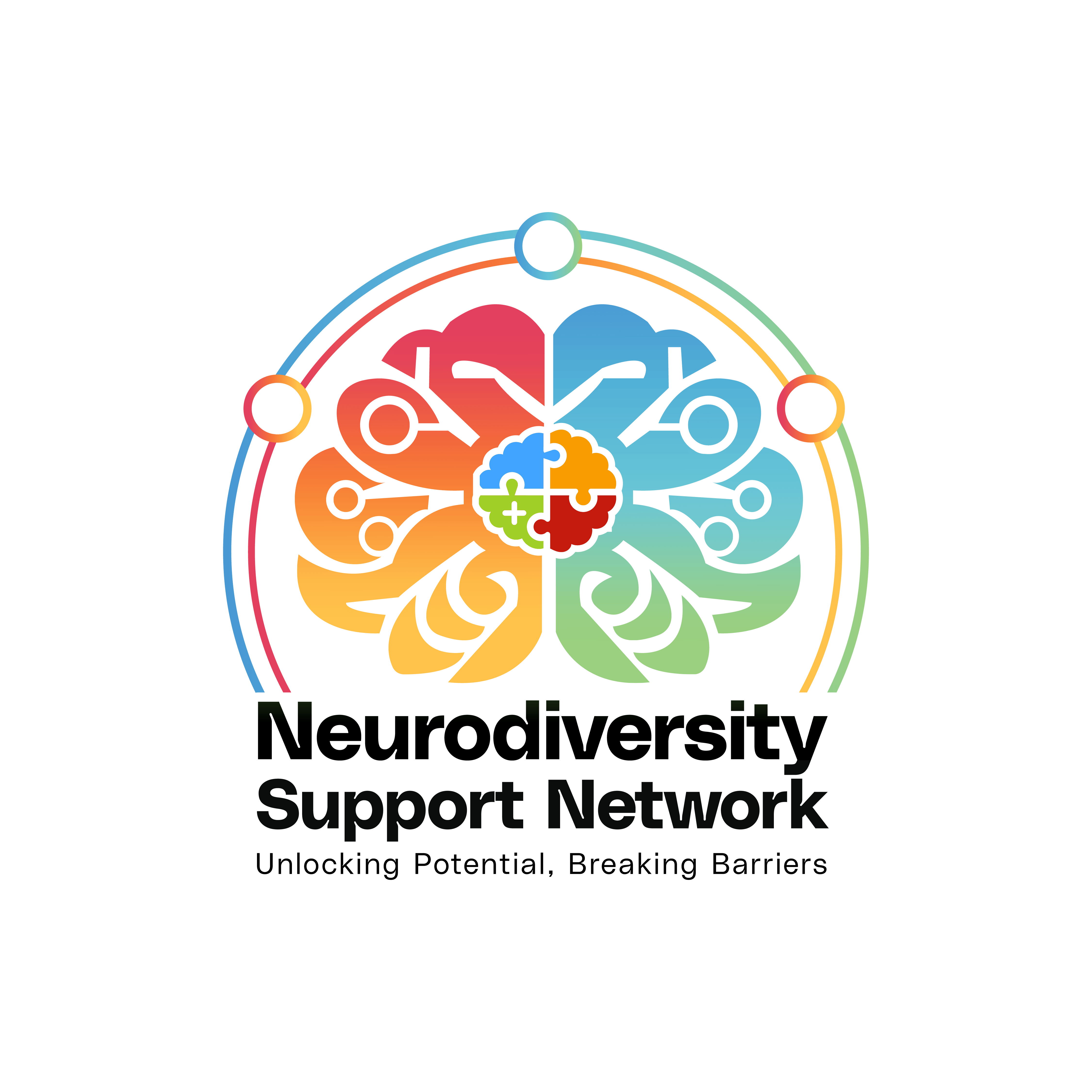What is Neurodiversity?
Neurodiversity is the recognition that neurological differences—such as Autism, ADHD, Dyslexia, Dyspraxia, and other cognitive variations—are natural and valuable aspects of human diversity.
At The Neurodiversity Support Network, we believe that by embracing neurodiversity, we can unlock individual potential and break down the barriers that limit opportunities for neurodivergent individuals.
Why Neurodiversity Matters:
Too often, neurodivergent individuals face unnecessary obstacles in education, workplaces, and society. By fostering understanding and inclusion, we can create environments where neurodivergent people thrive, using their strengths to make meaningful contributions.
Our Core Beliefs
Unlocking Potential
Every neurodivergent individual has unique strengths that can be nurtured through the right support and opportunities.
Breaking Barriers
Misconceptions and outdated systems create obstacles; we advocate for inclusive changes that empower neurodivergent individuals.
Support & Inclusion
With awareness, accommodations, and acceptance, we can build a world where neurodivergent people are valued and celebrated.
Understanding Different Neurotypes

Autism Spectrum Condition (ASC)
Autistic individuals often have deep focus, strong pattern recognition, and innovative problem-solving skills. With the right support, they excel in many fields, from technology to creative industries.

Attention Deficit Hyperactivity Disorder (ADHD)
AutisticPeople with ADHD are often dynamic thinkers, full of creativity and energy. They thrive in fast-paced environments, bringing fresh perspectives and innovative ideas.

Dyslexia
Dyslexia affects reading and language processing but enhances visual thinking, creativity, and problem-solving—skills highly valuable in fields like design, engineering, and storytelling.

Dyspraxia
Individuals with Dyspraxia may struggle with motor coordination but often excel in verbal communication, strategic thinking, and resilience.
Other Forms of Neurodivergence
This includes Dyscalculia (challenges with numerical processing), Tourette’s Syndrome (involuntary movements and vocalisations), and Highly Sensitive Processing. Each neurotype brings distinct strengths that should be embraced, not overlooked.
How We Support Neurodivergent Individuals:
- Empowering Through Education – Raising awareness to challenge misconceptions and promote neurodiversity-friendly practices.
- Advocating for Inclusion – Working with schools, workplaces, and communities to implement meaningful adjustments that foster success.
- Providing Tailored Support – Offering resources, mentorship, and practical strategies to help neurodivergent individuals reach their full potential.
- Building a Stronger Network – Connecting individuals, families, and professionals to create a supportive and understanding community.

